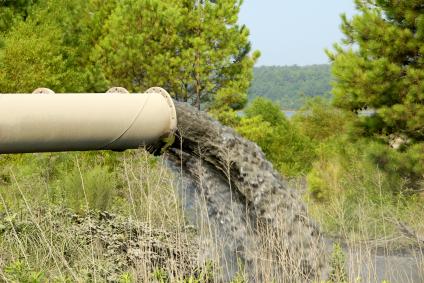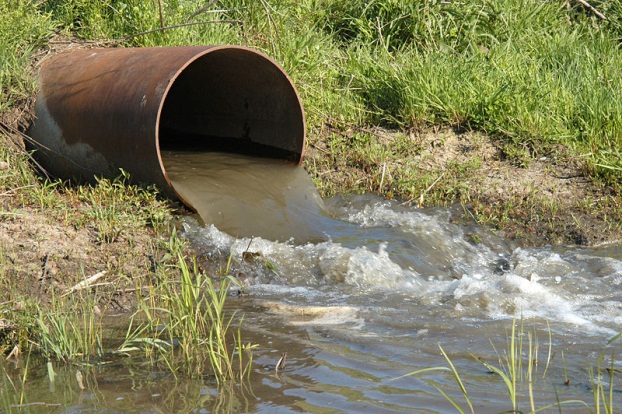-
Products
- Lab Instruments
- Lab Meters and Probes
- Chemistries, Reagents, and Standards
-
Online Analyzers
Ammonium Analysers Ammonia Monochloramine Chlorine Analyzers
- CL17sc
- CL10sc Amperometric
- 9184 sc Amperometric
- Ultra Low Range CL17sc Colorimetric Chlorine Analyser
EZ Series Analysers- Iron
- Aluminium
- Manganese
- Phosphate
- Chloride
- Cyanide
- Fluoride
- Sulphate
- Sulphide
- Arsenic
- Chromium
- Copper
- Nickel
- Zinc
- Ammonium
- Phenol
- Volatile Fatty Acids
- Alkalinity
- ATP
- Hardness
- Toxicity
- Sample Preconditioning
- Boron
- Colour
- Nitrate
- Nitrite
- Silica
- Hydrogen Peroxide
- EZ Series Reagents
- EZ Series Accessories
- EZ sc Series Inorganics
- EZ sc Series Metals
- EZ sc Series Nutrients
- Flow
-
Online Sensors and Controllers
Digital Controllers (Transmitters) Controllers (Analog)
- SC4500
- CA9300 Series Analog Transmitters
- Orbisphere 410/510 Carbon Dioxide
- Orbisphere 410/510 Oxygen
- Pro Series
pH & ORP Sensors- 12mm pH/ORP
- 8362 sc High Purity
- Combination pH/ORP
- Differential pH
- Digital Differential ORP
- Digital Differential pH
- LCP ORP
- LCP pH
- Sampling
- Multiparameter Online Panels
- Claros Water Intelligence System
- Test Kits & Strips
-
Microbiology
Prepared Media
- BARTS
- Liquid MPN
- MUG Tube
- Membrane Filtration
- Paddle Testers
- Presence-Absence
- Total Count Media
- Yeast and Mold
Dehydrated Media Kits Cryptosporidium & Giardia Analysis Legionella pneumophila Test Pseudomonas aeruginosa TestLabware- Accessories
- Funnels, Pumps & Manifolds
- Microbiology Filters
- Petri Dishes & Accessories
- Sampling Bags
- Vials, Tubes, Bottles & Racks
- Comparators
- Microbiology Accessories
- Microbiology Chemicals
- QC: Microbiology
- Quanti-Trays
- Sealer and Rubber Inserts
- UV Lamps
- Vessels
-
Lab Equipment and Supply
Apparatus
- Brushes
- Clamps, Rings & Stands
- Crucibles
- Crucibles & Casseroles
- Dispensers & Droppers
- Grab Samplers
- Oil and Grease
- Other Apparatus
- Pipet Aids
- Pipettes
- Racks
- Stir Bars
- Tubing
- Weighing Accessories
Instruments- Balances
- Hot Plates & Stirrers
- Microscopes
- Moisture Analysers
- Other Instruments
- Ovens & Incubators
- Thermometers
- Timers
- Vacuum Pump
- Automated Lab Systems
-
Environmental
Accessories Ambient Weather
- Kipp & Zonen Pyrgeometer
- Kipp & Zonen Scintillometer
- Lufft Ultrasonic Wind Sensor
- Lufft WS Series Smart Weather Sensor
- Lufft WS10 Series
Visibility and Present Weather Detection Hydrology Software Hydrology Water Discharge - Flow Road and Runway Sensors Solar Tracking and PV SoilingWater Level- OTT CBS Compact Bubbler Sensor
- OTT PLS Pressure Level Sensor
- OTT PLS(-C) Pressure Level Sensor with Conductivity
- OTT RLS Radar Level Sensor
- SUTRON Accubar Pressure Level Sensor
- SUTRON Constant Flow Bubbler
- SUTRON SDR Stage Discharge Recorder
Data Loggers and Telemetry- ADCON - Wireless Radio Communication / Telemetry
- Kipp & Zonen Data Logger
- SUTRON Antenna
- SUTRON SatLink 3 Logging Transmitter
- SUTRON XLINK 100 Logging Transmitter
- SUTRON XLINK 500 Logging Transmitter
- SUTRON XLite 9210 Datalogger
- SUTRON Xpert2 Datalogger
- Parameters
- Applications
- Industries
- Brands
- Service & Support
- News & Events
Application - Wastewater Discharge Monitoring
Wastewater Discharge Monitoring


Almost every type of industrial manufacturing process produce some quantities of waste material. The indiscriminate disposal of these waste materials has a detrimental effect upon the environment. The continued growth of industries will undoubtedly require significant reductions in the amounts of waste pollutants now being discarded.
Wastewater discharge monitoring is desirable for the following reasons:
- To assure responsible regulatory agencies of the manufacturers’ compliance with the effluent requirements and implementation schedule set forth in the discharge permit.
- To maintain sufficient control of in-plant operations to prevent violations of permit specifications
- To develop necessary data for the design and operation of wastewater treatment facilities.
- To insure cognizance of product and material losses to the sewer.
The use of continuous process and laboratory instrument for monitoring industrial waste should become an integral portion of the manufacturing process and be used as a measure of efficient operation. Once incorporated into the production system, it will be an invaluable check on the overall efficiency of plant operations as well as an aid in the meeting legal requirements. Monitoring wastewater discharge can also provide basic data that will be valuable in the design of a wastewater treatment system to meet regulatory requirements.
Monitoring discharge parameters requires reliable and precise instrumentation to ensure that trade effluents are able to meet stringent requirements set out by regulatory agencies.
Recommended monitoring parameters
- pH
- Temperature
- Total suspended solid (TSS)
- Conductivity (EC)
- Turbidity
- Nutrients (COD, TOC, BOD, NO3-; NO2-; NH4+; PO43-)
- Salts (anions and cations)
- Heavy metals
HACH offers a comprehensive product portfolio for wastewater discharge monitoring.
Local case studies
Learn how the advanced automatic wastewater discharge monitoring stations help you, now!
We offer an extensive portfolio of measurement technologies covering a wide range of requirements. Whether they are used for automatic sampling, online monitoring or laboratory analysis, all products come from a single supplier and work together in perfect harmony.
Look at how we help different kinds of customers monitoring wastewater discharge with confidence.



